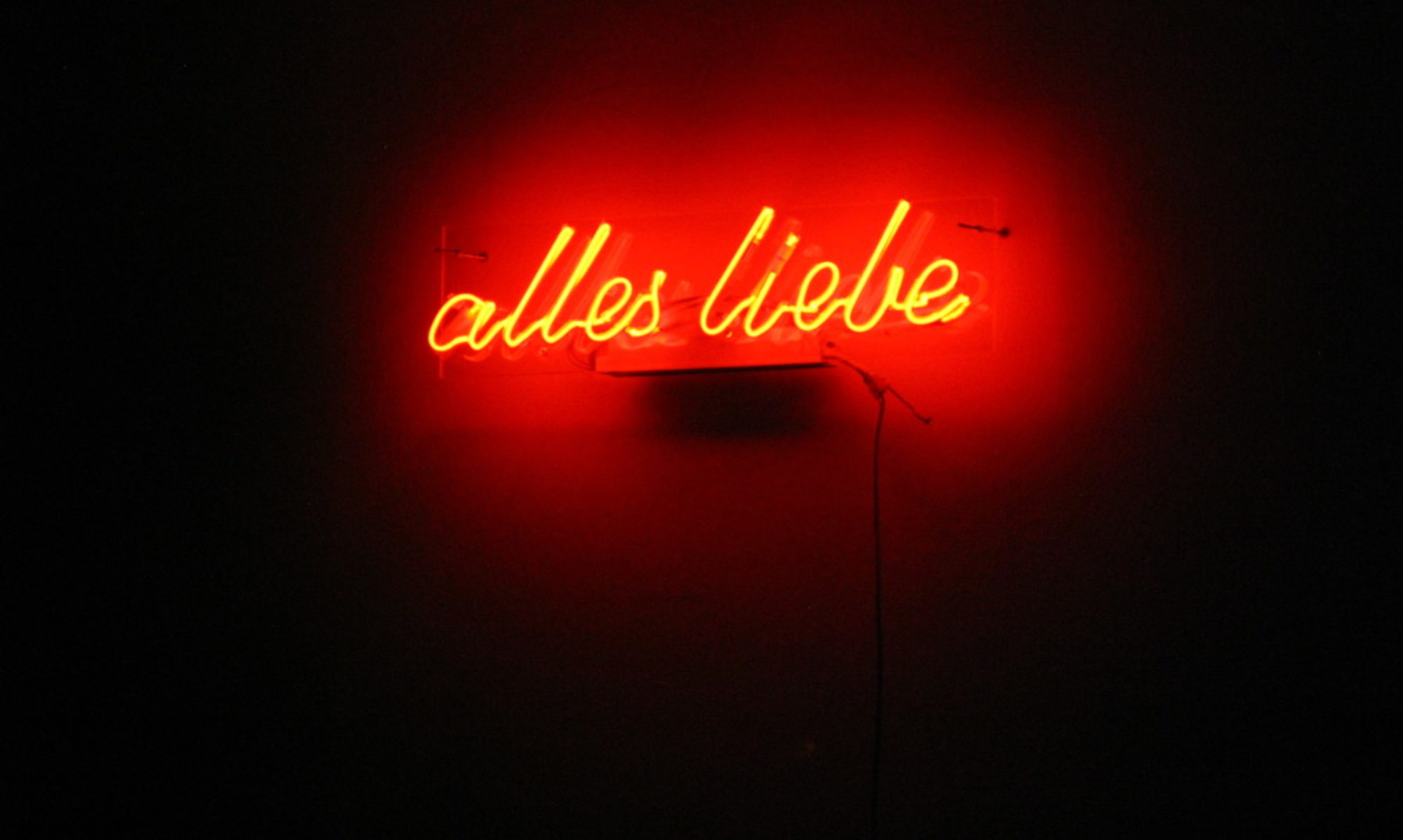To practice respectful seeing and listening: That was the aim of the street retreat in Berlin. For three years the group „Religious Sisters and Brothers Against Exclusion“ invites to these days in the capital. And I had expectantly embarked on it, to experience that the metropolis with its pulsating and opposite life can become a „holy place“ of encounter with God.
In sunny weather the way lead me on the first day to a park bench in Kreuzberg. I could not be recognized as nun. I was wearing civilian clothes. After some time a Turk woman sat down by me. „I’ve been living here for 40 years already“, she told me. Her friendly, warm-hearted way was a present for me, and let me take off the shoes of my reservations.
Take off the shoes: This picture from Moses‘ encounter with God at the burning thorn shrub was the red thread of those days. In that tale God revealed himself in the thorny, first little inviting plant. From the thorn shrub Moses heard the call, „Take off your shoes, because the place where you stand is holy ground.“ Christian Herwartz, Jesuit, and one the spiritual directors of the street retreat, unfolded this picture already on the first day: „To take off your shoes means: Not to rise above others, to touch the often thorny reality with your naked feet, to look there for your own injuries and brutalities, your own and other people’s strange longings, and for the ways that will lead to a fulfilled life.“
A simple life-style in these days was helpful for us to get nearer to the reality of people who live at the margin of society. Our night lodging in Kreuzberg was in the cellar of the St Michael parish centre that in winter is open also for homeless people. To the personal prayer we could use the parish church as well as the chapel of the Siessen Franciscan nuns in direct neighbourhood. We had our meals in the parish hall. Here we met in the evening also to services, and exchanged our experiences in small groups.
We were four women and five men who took part in the retreat in that hot summer week. There have to be added our spiritual directors, two Jesuits and two nuns. By the first common breakfast we sat together with guests who handed, as it were, the „baton“ to us. The Buddhist monk Heinz-Jürgen as well as a man and a woman reported on experiences of their meditation days. They had really lived several days on the street. They experienced the inestimable value of communication without words: a view, a gesture. I too should experience this in the coming days.
Painful Stages
„Sometimes you will go thereby also through painful stages of self-realization“, read the invitation text of the supervisors of the retreat days. I did not feel them by the meeting with the Turk woman on the park bench yet, but on the second day when I visited the Franciscans‘ soup kitchen for homeless people in Pankow.
First I wanted to help there, by cleaning vegetables and peeling fruit. But these „shoes“ were taken off me. „We do not need you. There is enough aid“, was said to me. I took place by those who waited for the handing out of food. There I got a further important lesson of those days: To be invited is a gift. We can place ourselves – figuratively spoken – only on the market place, keep us open and ready. Whether we are invited or not is not our business. Father Herwartz directed our attention to that fact already at the beginning of the retreat days.
In the soup kitchen I was eventually invited quite actually. Martha, a woman past seventy addressed me, and asked me to take place at her side. Gradually I understood the present of that encounter. After the visit of the soup kitchen she lead me to the stations of her everyday life: housing office, citizen park, coffee drinking for senior citizens in the Evangelical City Mission. Thus she opened the way for me to come into contact with her friends. Already on the third and fourth day I was almost an „old acquaintance“ in the soup kitchen. I felt a little from their sorrows, knew gradually what it meant to join the queue. I was grateful for the warm meal and the sandwiches. I felt: This is a „holy“ place.
I found another „holy place“ by the grave of the Evangelical Minister Dr. Joachim Ritzkowski. He wrote a book about living with homeless people. Actually I wanted to meet him living. But in his church I heard of his death. On his initiative the parish had acquired from the municipality a burial place for poor and homeless people. He wanted to be buried there. A woman led me eventually there. I read a sign over the burial place covered with poppy and cornflowers: „I am living and you too shall live.“ So this stranger said to me, by the few facts that I heard about him, how valuable my life is. And of exactly the same value is the life of those who daily visit the soup kitchen. Like Martha who became my way companion in those days there. „Eat still some food“, she offered to share her second helping of salad with me. First I hesitated, but then I accepted her invitation. She is a deeply felt gift.
Sr. Klara Maria Breuer SMMP
From: Continents 1/2004, We About Us
